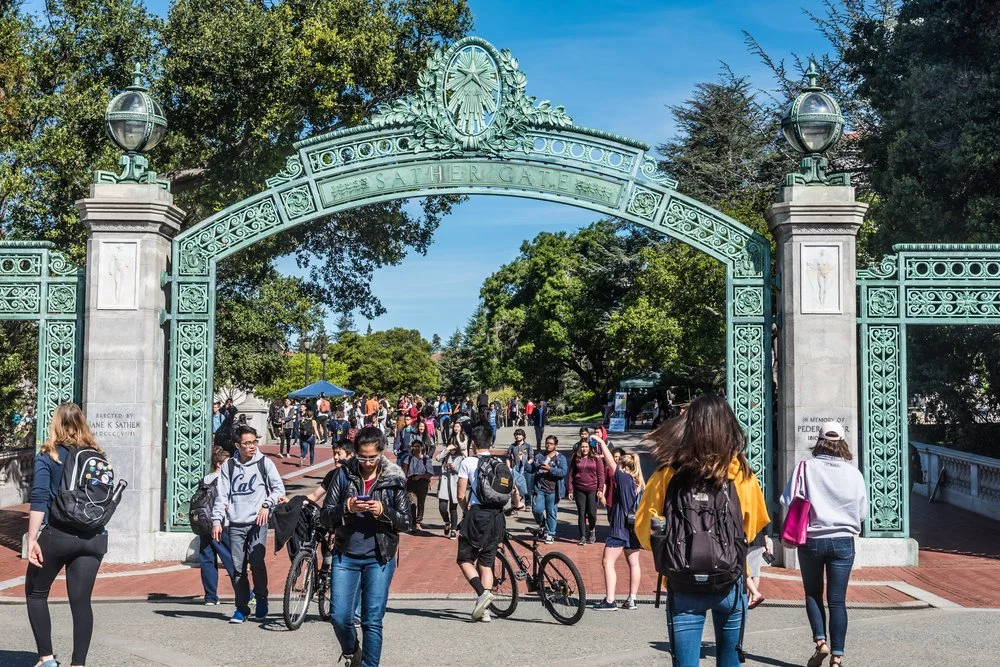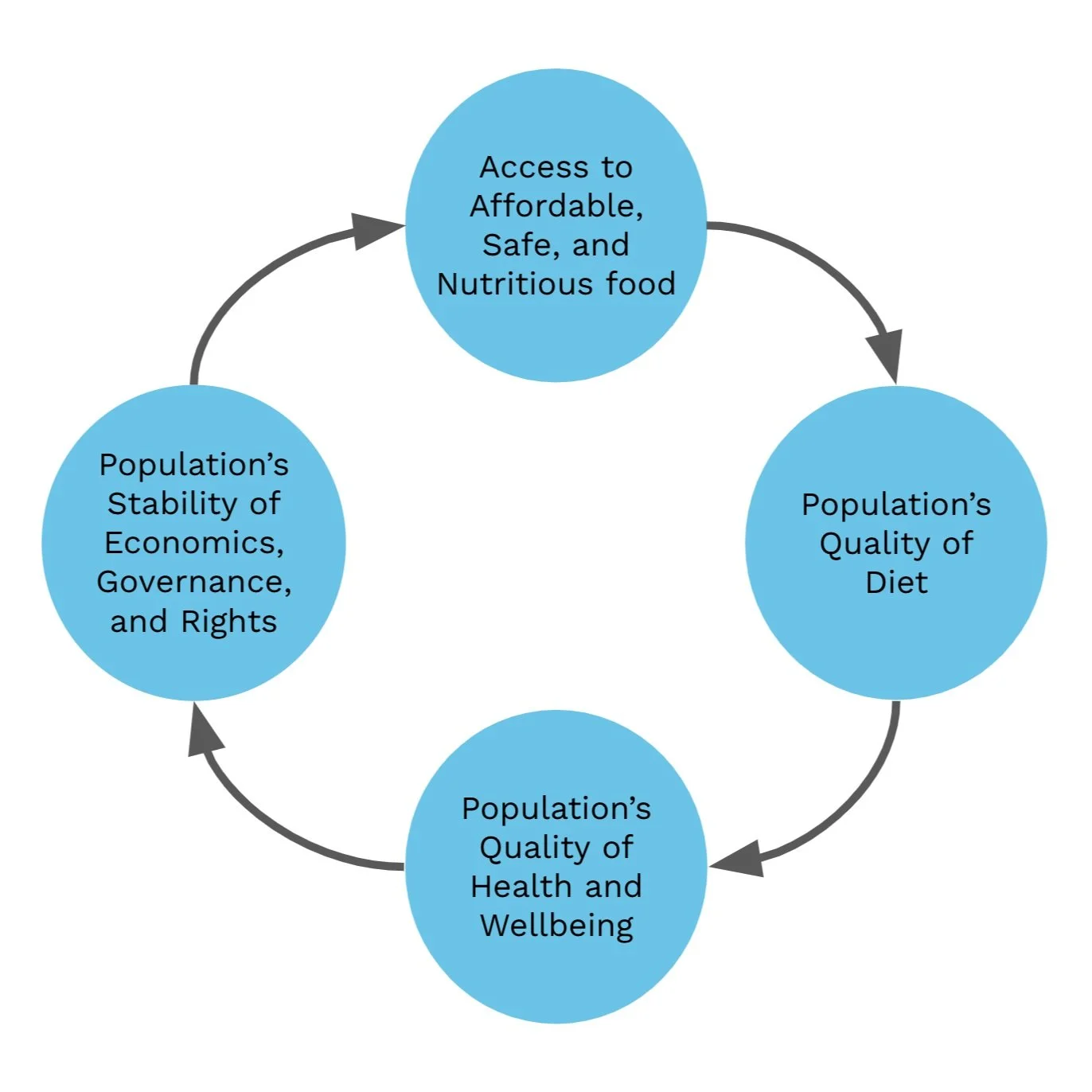FOOD SYSTEM CURRICULUM DESIGN
Educating for a Sustainable, Plant-Based Food Future
Collaborators
Plant Futures Initiative
Geography
Global
COLLABORATOR
Plant Futures Initiative offers innovative programming designed to bridge the gap between theoretical and applied knowledge through virtual events convening leading food system experts, practical curriculum and a dynamic ecosystem of students, faculty, and professional partners. Their mission centers in equipping a global network of diverse college and graduate students with the educational and professional experiences and relationships to catalyze a movement of Plant Futurists; the next generations of ethical leaders who will guide and accelerate the transition to a sustainable, plant-centric food system.
Summary
The Plant Futures Initiative offers innovative programming designed to bridge the gap between theoretical and applied knowledge to propel students towards leadership roles in plant-centric food systems. Given the traditional experience of a student’s academic career within a university or college system, once they enter into their major (typically in year two or three), they have limited ability to join courses with a multi-disciplinary focus or explore interests outside their major. To challenge this norm, the Plant Futures Challenge Lab has worked to build a curriculum that convenes multidisciplinary students to discuss and explore topics around the future of plant food systems from the lens of their diverse academic pursuits. The Plant Futures Challenge Lab is the first multidisciplinary, university-level course that focuses specifically on equipping students with applied learning experiences in the plant-based food and agriculture sectors.

Challenge
Given the traditional experience of a student’s academic career within a university or college system, once they enter into their major (typically in year two or three), they have limited ability to join courses with a multi-disciplinary focus or explore interests outside their major. To challenge this norm, the Plant Futures Challenge Lab has worked to build a curriculum that convenes multidisciplinary students to discuss and explore topics around the future of plant food systems from the lens of their diverse academic pursuits. The Plant Futures Challenge Lab is the first multidisciplinary, university-level course that focuses specifically on equipping students with applied learning experiences in the plant-based food and agriculture sectors.
As an advisor for Plant Futures, I supported the design of the Plant Futures Challenge Lab curriculum, and developed a module with a series of mini-videos that focused on systems thinking in the context of food and agriculture. Six to eight carefully-curated, short videos introduce system thinking concepts that guide students in understanding food systems and practical applications of systems thinking principles within the food sector. This developed curriculum is the first of its kind within the UC system that focuses on the intersection of systems thinking, systems mapping, food, agriculture, and innovation.

Process
The Approach
In designing this curriculum with a fundamentally different approach, it was intuitively necessary to consider:
How might we engage and incorporate the wants and needs of the student constituency we are serving?
How might we engage students to inform the design process?
How might we meet students where they are at?
How might we promote student engagement, curiosity, and learning?
Identifying a North Star
The silo-ing that occurs when students branch off to pursue specific degrees often prevents powerful moments for the cross-pollination of ideas and viewpoints between differing academic tracks. This along with other challenges faced by students, challenge partners and the university system as a whole led to the identification of a North Star to guide, contain and inform our forward momentum. The following North Star was crafted, in the spirit of driving “silo-busting” through the engagement of students from multiple disciplines:
To provide complementary experiences (across disciplines) that will lead to systems changemaking through a new type of schooling that will accelerate the transition to plant rich food systems
The ultimate goal is to create a world-class curriculum with a community of notable faculty to create an unprecedented program of food system innovation and entrepreneurship.
Finding the Gaps in Course Material
With clarity on the target audience, design parameters, learning objectives, and core elements, we turned to the students for feedback on any gaps in the learning material. Through a series of conversations, insights were collected to support the Systems Thinking in Practice curriculum development.
Systems Thinking in Practice Curriculum
A framework was created for intentionally-short videos that would begin with a quick intro, recap from the prior video in the series, a summary for what could be covered in the current video, introduction of new concepts and case studies, and a closing summary with instructions for assignments and resources to support students’ understanding.
A story arc for the curriculum moves students from a place of “me”, or their place within the food system, to “we”, the amplification of systems change, to “the system”, with an understanding of the global and local nature of food systems and the skillset for systems thinking in action.
The practical and hands-on nature of the Food System in Practice curriculum leads students to apply what they are learning with real life clients. Challenge Lab Partners include the Plant Based Food Association, Finless Foods, Astanor, among many others.
Project Outputs
65% of students rated the Systems Thinking in Practice mini-video series as extremely valuable
62% of students reported that the most important facets of the curriculum for them were: understanding what systems thinking means in a food systems context and discovering real-life contexts and examples for applying this type of thinking
68% of students found the videos’ structure and formatting to be the most important aspect of the learning of the curriculum.
Key Insights
A new way of spanning curriculum across disciplines and age groups opens up opportunities for new perspectives in systems thinking and promises greater outcomes in accelerating the rate of change for the good in our food systems.
By embracing a user-centered design approach, the curriculum design for the Food Systems Thinking in Action module was centered on the students’ experience. Focusing on meeting the students where they are at, a new format for learning and curriculum generation has been applied to break down complex content. The process of developing curriculum can itself be a learning experience that informs the end product, supports the faculty team, and drives better learning outcomes.






